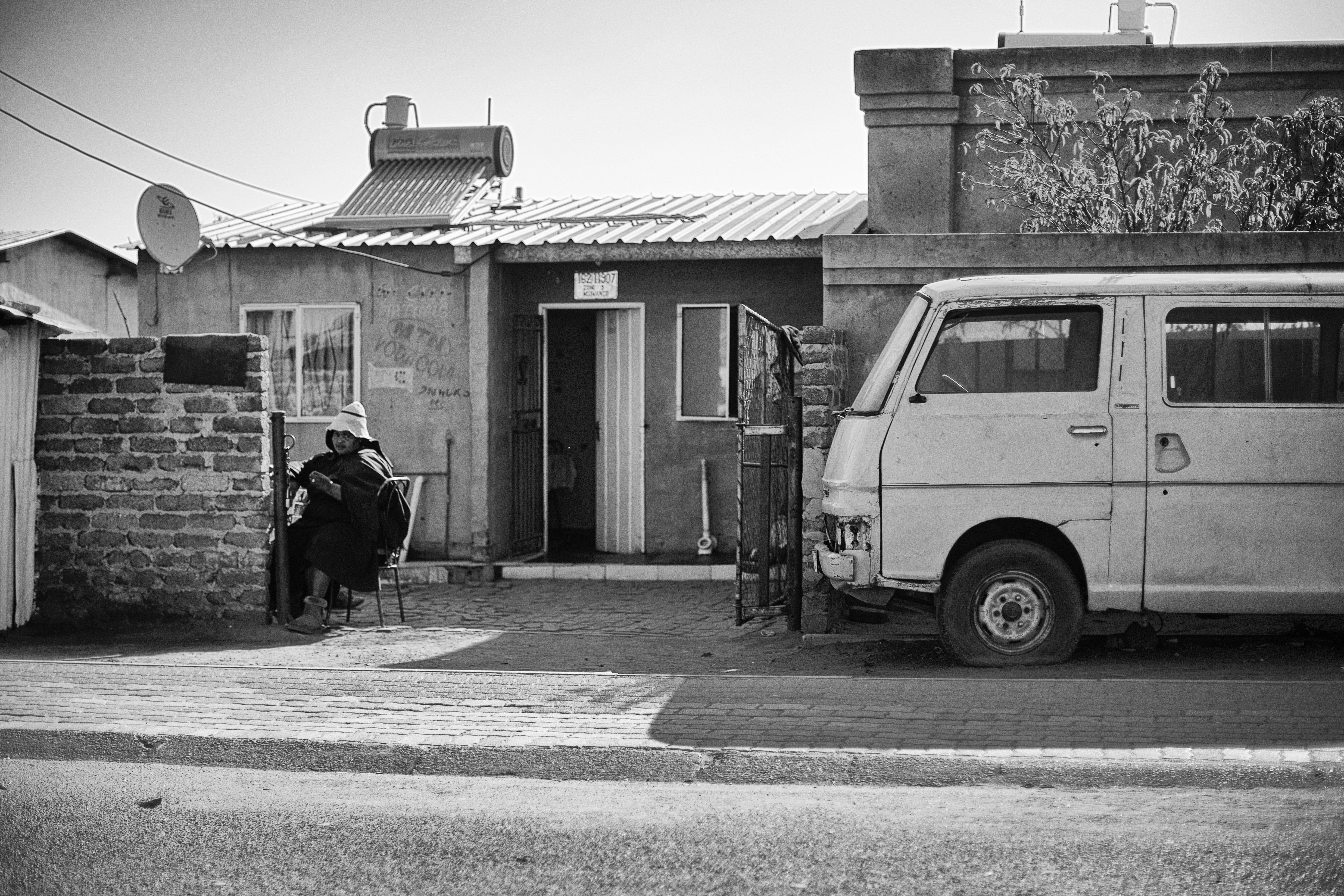2424Labour unions are undoubtedly the biggest obstacle to any positive reform, not because this particular group of individuals is somehow more evil than the rest of us. It is simply a rational response to the particular set of incentives that union bosses are faced with.
Unions are nominally democratic but their members face the same problems any voter faces in any representative democracy: the benefits of electing a given leader are concentrated while the costs are dispersed. This means that while every union member pays the same dues, this individual contribution is outweighed by the potential return due to elected officials in the form of salaries and controlling the union’s invested funds.
Add to this the fact that the full negative consequences of union action are only felt by its members after decades, and it is easy to see why unions might not always promote the interests of those they supposedly represent. Therefore members of unions should seriously consider making changes to how their organizations are governed.
That is an internal union issue though and it is unlikely to make unions the sort of persistent thorn in South Africa’s side it has been. The real problem with unions is the political favoritism they have been receiving from the government. It has magnified any internal governance issues and dealt a serious blow to the hopes of millions of poor people in this country.
Unions have a lot going for them in South Africa. The only equivalently favored class of people are likely the tenderpreneurs. Unions are in a political alliance with the ruling party for one, this means that they have the equivalent of a veto on that party’s policies. As long as both parties want to stay in the alliance they have to take seriously what the other wants. This becomes particularly perverse when considering the role of education unions in thwarting any attempt at introducing meritocracy in the schools that your children have to attend.
Unions also have collective bargaining, this is a tool that allows employers and union representatives to set the conditions of employment for millions of workers in a particular sector. None of the parties involved in such an endeavor need to consider the interests of the unemployed.
In fact, when it comes to unionized workers, there are good reasons not to consider the interests of the unemployed. Considering labor as one of the factors of production with an associated price like any of the others, it is clear after taking account of the law of supply and demand, that the best way unions can negotiate for higher wages for their members is through restricting the supply of labor. How can this be achieved in a country with an unemployment rate of 37 percent, including people who have given up looking for work?
It turns out that this is where the aforementioned alliance with the ruling party really makes a difference. You see, unions have the ability to negotiate conditions of employment which make things better for their current, employed members by making it harder for the unemployed to get jobs. One way to do this is through the minimum wage which disproportionately affects unskilled and young, inexperienced workers.
When minimum wages are instituted, it removes any justification for hiring new workers at a rate not justified by that worker’s productivity. On the other hand, some of the company’s unionized workforce will not have the required productivity levels, meaning that the cost of sustaining these unproductive jobs will be passed on to consumers. This is because unions have also negotiated for themselves obstacles to firing their members.
You would think that this anti-competitive behavior would be enough but it gets worse. South Africa has a state that plays a big role in the economy through government procurement as well as state-owned enterprises. Being allied with the government means that this is one more area where unions have influence.
We are seeing this play out with Eskom. The government, through the President, announced a planned restructuring of the company in which it would be split into three parts. The biggest unions operating within Eskom opposed this as a step towards privatization and possible job losses. Soon after the announcement, Eskom started stage 4 load-shedding. The government ‘clarified’ that no retrenchments would result from the planned restructuring and coincidentally, the load-shedding stopped.
This is not to say that unions had any role in precipitating the blackouts but their firm opposition to retrenchments at all costs means that what they are really saying is that the rest of the country, including poor and unemployed South Africans, should pay higher electricity prices if necessary, if that’s what it takes to save their members’ jobs. It is not so much that they would make this rationally self-interested call, rather it is that they have more influence than you or I in making it. Lobbying for the poor is bad for business, they tend not to pay monthly membership dues.
Mpiyakhe Dhlamini is a data science researcher at the Free Market Foundation. He recently studied data science at Explore Data Science Academy. He is a self-taught programmer and writer for an online publication, Rational Standard.

